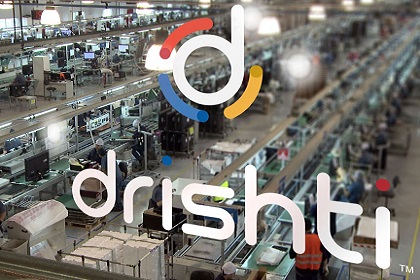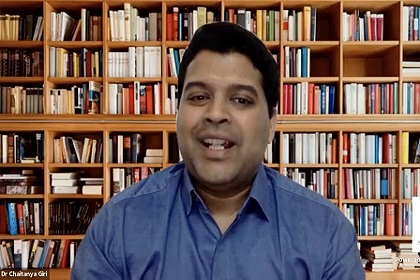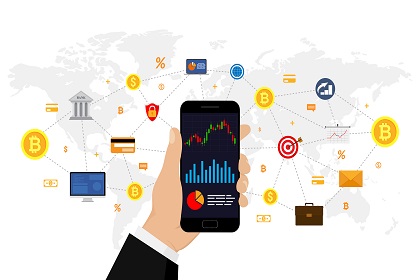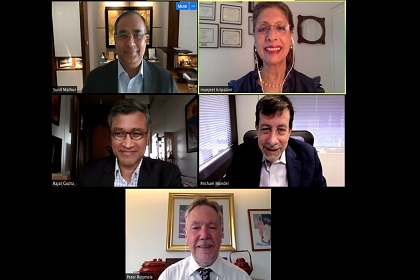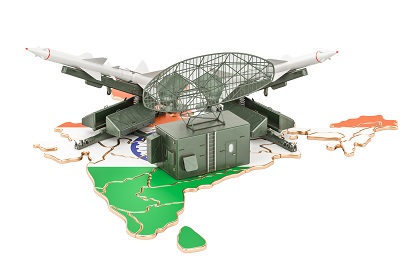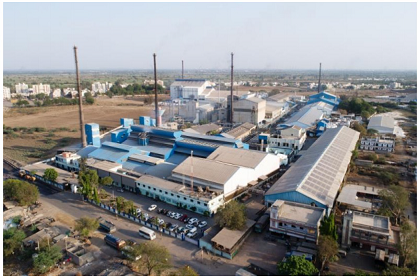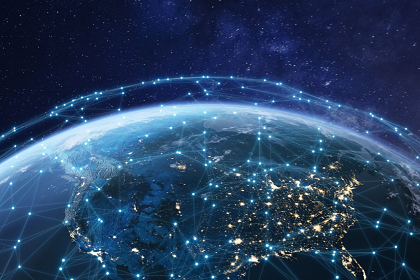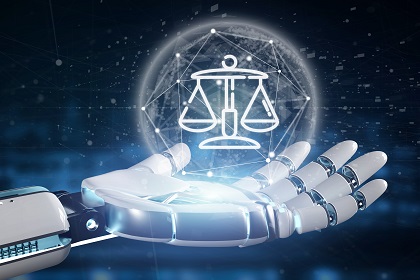Drishti: Foresight to a digital manufacturing future
Using computer vision and AI to capture factory-wide data of human operators, Drishti Technologies co-relates human actions to line efficiencies, bottlenecks and root-cause analysis. Indian manufacturers operating at the lower end of the automation curve can use this combination to improve productivity, safety and quality by a deep-dive into human-action analytics.

